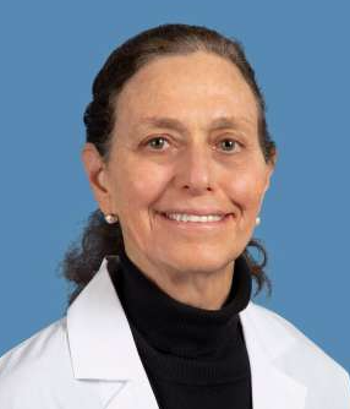
Katherine L Kahn, MD, discusses the impact of restricted access to Paxlovid on hospitalization and mortality rates in a highly vaccinated population.

Katherine L Kahn, MD, discusses the impact of restricted access to Paxlovid on hospitalization and mortality rates in a highly vaccinated population.

Sean Tucker, PhD, highlights effective immune response and mucosal immunity, paving the way for broader applications in viral disease prevention.

InflaRx CEO Niels Riedemann, MD, discusses the issue that arose and cost the company some of its data for its investigational therapy being studied for SARS-CoV-2-induced acute respiratory distress syndrome (ARDS).

Phase 1b trial data demonstrated immune response, with 85% reduction in viral shedding and robust mucosal immunity in elderly adults.

The Centers for Disease Control and Prevention (CDC) is on the ground in Texas helping the state’s department of health with the outbreak.

Pemivibart (Pemgarda) demonstrated activity against the LP81 variant.

The phase 1/2a trial of BioNTech's BNT165e vaccine, involving nearly 180 participants, faces delays as global malaria control efforts struggle with funding and political uncertainties.

Sunil Parikh, MD, MPH, discusses the trial’s findings, noting no significant difference in malaria incidence (1.78 vs 1.84 cases per 100 person-weeks).

This is the second installment of a 2-part report on a new guideline on candidiasis from the European Confederation for Medical Mycology (ECMM) highlights selected treatment recommendations.

Sunil Parikh, MD, MPH, discussed how challenges like drug resistance and the limitations of current methods hindered ivermectin’s effectiveness in reducing malaria incidence.

Alan Dunton, MD, director and chief medical advisor, Recce Pharmaceuticals, discusses the company’s novel product, R327G (RECCE 327), and offers insights into its potential indications and clinical trials.

Manjot K Gill, MD, MS, FASRS, FRCS(C), discusses how reduced retinal capillary perfusion may provide insights into Long COVID’s neurological effects and potential treatment approaches.

Twenty organizations asked the high court to consider the federal government’s position on pre-exposure prophylaxis (PrEP) and HIV and hepatitis testing.

Kate Broderick, PhD, discusses the advancements in RNA-based vaccines for targeting flu, cancer, malaria, HIV, and more.

This first of a 2-part report on new guideline from the European Confederation for Medical Mycology (ECMM) summarizes diagnostic considerations; with part 2 describing recommended treatments.
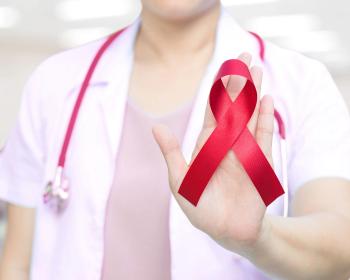
A recent study emphasizes the genetic diversity within the ompA-genotype L2b clade, enhancing our understanding of sexually transmitted infections and how they are transmitted.
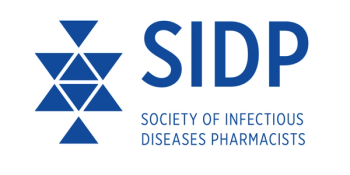
The latest Bench to Bedside column reviews new guidance on the treatment of drug-susceptible and drug-resistance Mycobacterium tuberculosis infections.

Approved vaccines for chikungunya, meningococcal disease, updates on HIV prevention, key regulatory decisions, and more.

A machine learning assessment agrees with an evaluation based on factors identified by infectious diseases experts that IDSA guidelines for treating uncomplicated UTI, last issued in 2011, remain valid today.
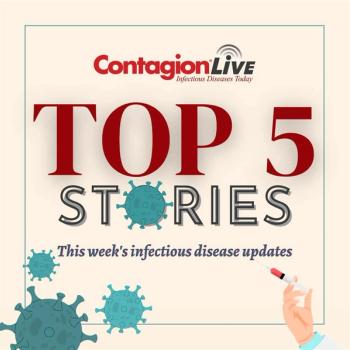
This week, phage and antibiotic treatment for resistant Pseudomonas infections, concerns over SEP-1’s impact on sepsis management, and ongoing measles outbreak signaling declining vaccination rates.

With the release of these guidelines and the US Health and Human Services canceling the mid-March FDA VRBPAC meeting to discuss these vaccine recommendations, Robert Hopkins Jr, MD, the medical director of the National Foundation for Infectious Diseases (NFID), offers insight on these developments.

A spokesperson from the UK Health Security Agency highlighted key updates in the 2024 UK-AWaRe classification, aligning them with national AMR goals.

The interim results demonstrated a slightly better vaccine effectiveness in individuals who are immunocompetent vs immunocompromised individuals.

New study by Gabriel Nussbaum, MD, PhD, et al, reveals how P gingivalis escapes immune detection, contributing to gum disease and increasing risks for systemic infections such as respiratory disease.
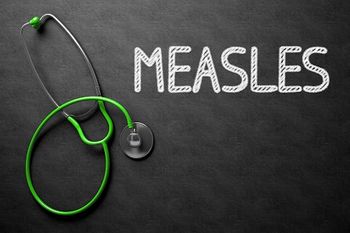
The state’s health department has confirmed all 3 cases are in people who are unvaccinated.

Erlinda Ulloa, MD, discusses a severe case including how they secured the phage treatment, and her experience with the investigational therapy.

The most recent CDC report accounts for 33 million flu illnesses, 430,000 hospitalizations, and 19,000 deaths this flu season, with Influenza A(H1N1) and A(H3N2) as the primary strains.

The CDC tracks rising human infections linked to poultry and dairy exposure, while the USDA steps up with a comprehensive strategy to combat HPAI and stabilize egg prices.

On the heels of the first death in an ongoing US-based measles outbreak, Paul Offit, MD, discusses how outbreaks are the first sign that childhood vaccination rates are starting to decline.

A multistate Listeria outbreak has resulted in 38 cases, 37 hospitalizations, and 12 deaths, prompting a recall and ongoing investigation by the FDA and CDC.